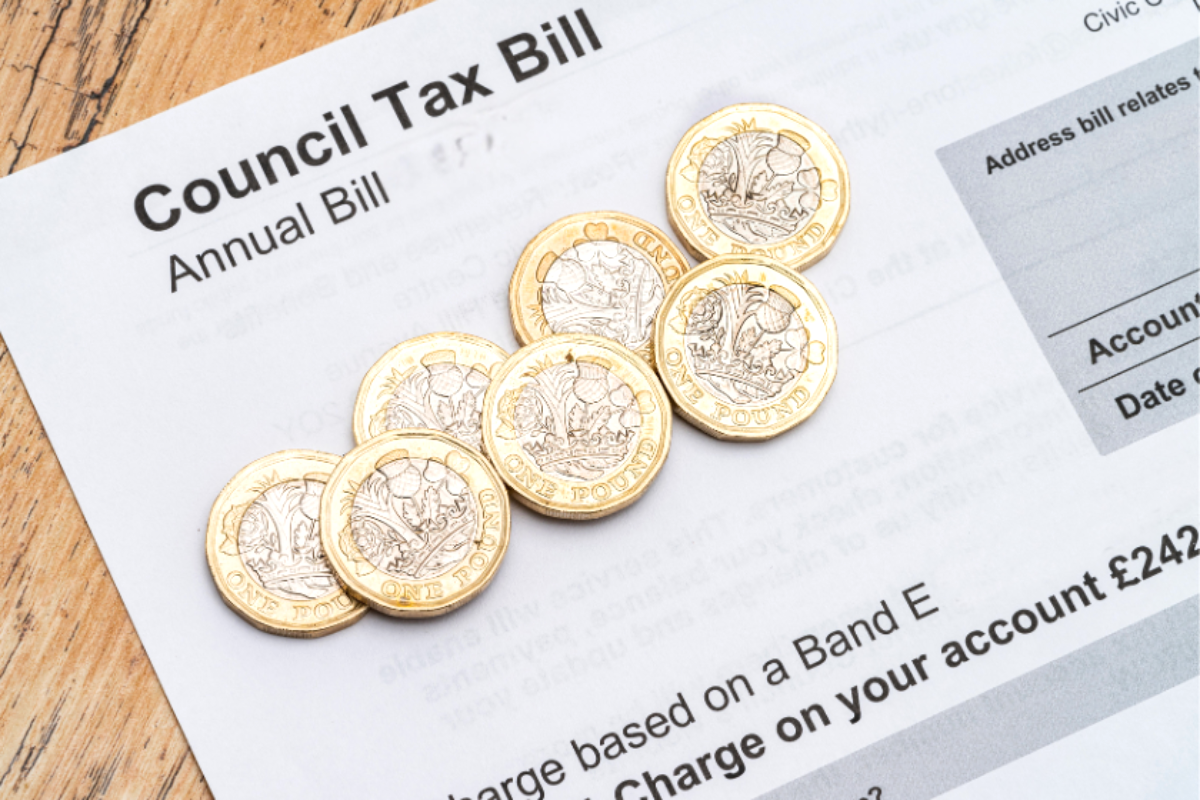
Councillors have approved North Yorkshire Council's budget for the next year which will see the maximum 4.99% increase to council tax bills.
Councillor Carl Les, Leader of North Yorkshire Council, has described the budget-setting process as "the most difficult one we've had to face" in 14 years, citing significant financial challenges.
According to Councillor Les, the council has little option but to set council tax at the maximum level in order to maintain core spending power.
In his remarks to a full meeting of the council yesterday the leader said that a potential opportunity to consider council tax levels, due to savings from the Local Government Reorganisation (LGR), was lost due to a combination of national insurance increases and the cessation of the rural services support grant.
The national insurance increase resulted in an £8 million loss for the council and the cessation of the rural services support grant removed over £14 million from their spending.
Councillor Les stated that the government's logic behind withdrawing the rural services support grant was "sadly flawed". He also asserted that despite the government's claim there was no evidence of increased rural costs, the County Council Network and SPARSE, have previously produced ample evidence.
Councillor Les expressed concern that the government said the grant only goes to affluent areas, highlighting that North Yorkshire has "pockets of deprivation," despite perceptions of affluence. He further explained that the council does not add the grant to reserves, as the government suggested that some councils do.
In the budget presented to councillors yesterday the authority has had to use £5 million from reserves to balance the unexpected deficit. Councillor Les has warned that "when they're gone, they're gone".
Demand for services is increasing across the board, and difficult decisions have had to be made, such as those relating to non-statutory home-to-school transport. Locality budgets are being reduced to £5,000, the level at which they were originally set. While these are useful, they are not considered essential.
Councillor Les emphasised the need for a fairer funding review for local government, a request that has been ongoing for years.
Councillor Les pointed out that North Yorkshire Council has the fourth worst funding settlement in the country, and the other three worst settlements are also in rural areas.
The council's budget for 2025/26 requires a £4.9m contribution from reserves, increasing to £34.4m by 2027/28. If no further savings were made, a total of £57.2m of reserves would be needed over the period. New savings proposals, totalling £40.3m over the next 3 years are being put forward, largely derived from the "structural opportunities" delivered by the ,local government reorganisation however savings from unitarisation are becoming more complex and difficult to achieve.
The council says that the 2025/26 Provisional Local Government Finance Settlement was "very disappointing" for the authority with the government projecting that the council's overall core spending power will increase by 3.47%, compared to an average of 6.0% for all of England. This is based on the assumption that the council will increase council tax to the maximum limit of 4.99%.
The council has the ability to raise council tax by up to 2.99% and levy an adult social care (ASC) precept equivalent to a 2% increase. A new Children’s Social Care Prevention Grant of £1.1m has been introduced for 2025/26. The council expects a grant of £15.7m in 2025/26 for Extended Producer Responsibility.
Here is councillor Les' comments to the council in full.




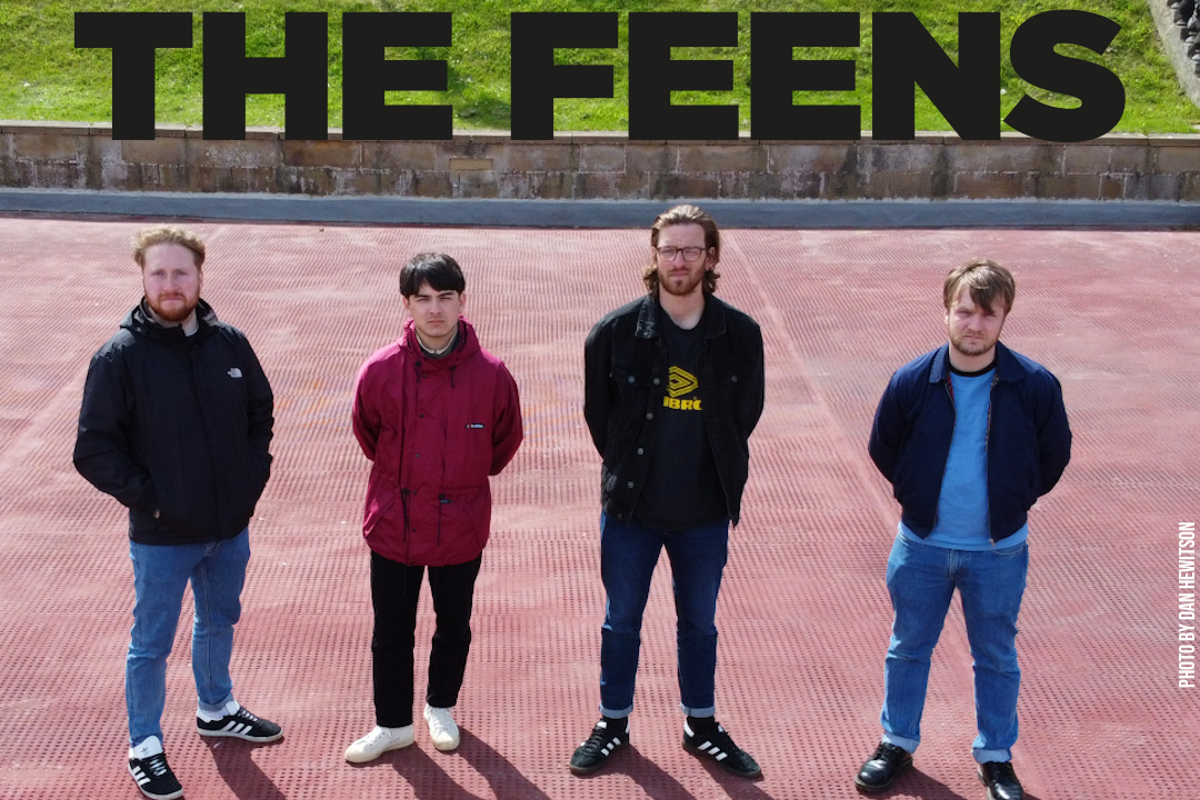 Feens Farewell Gig in Scarborough Tonight
Feens Farewell Gig in Scarborough Tonight
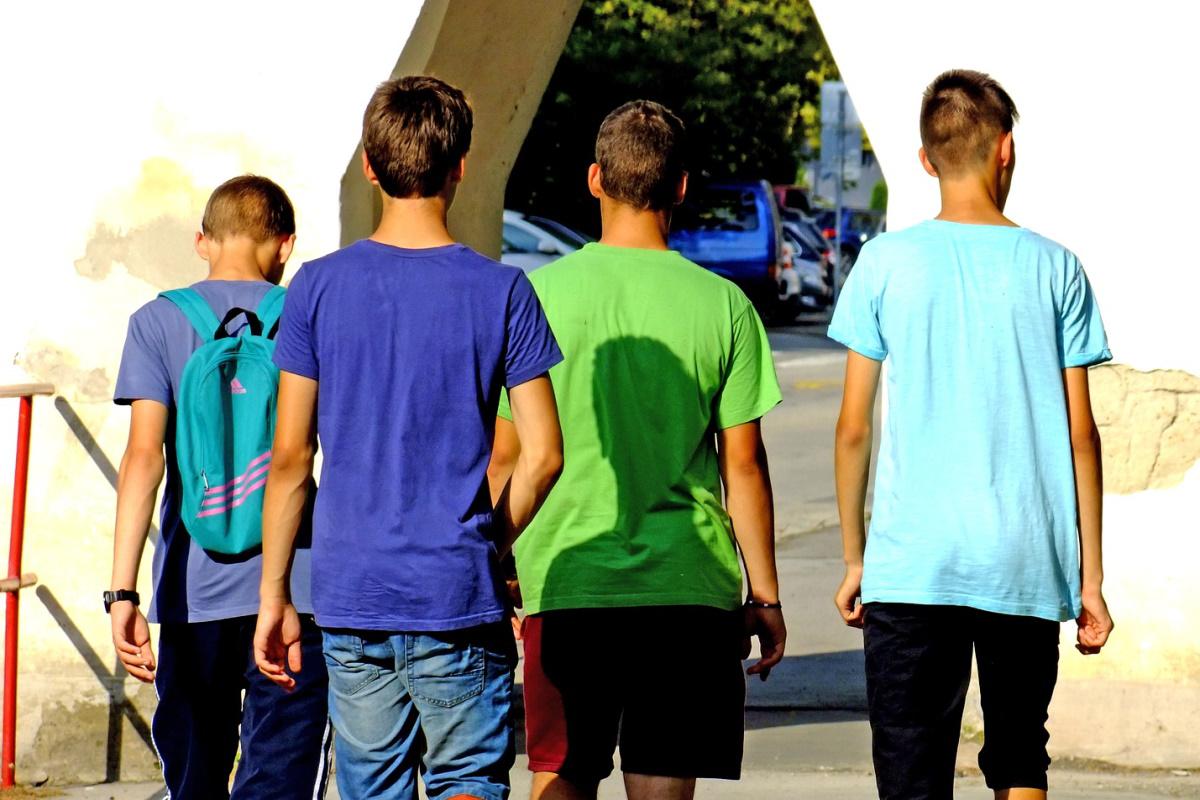 Health Chief Reports Teen Bullying Worries in North Yorkshire
Health Chief Reports Teen Bullying Worries in North Yorkshire
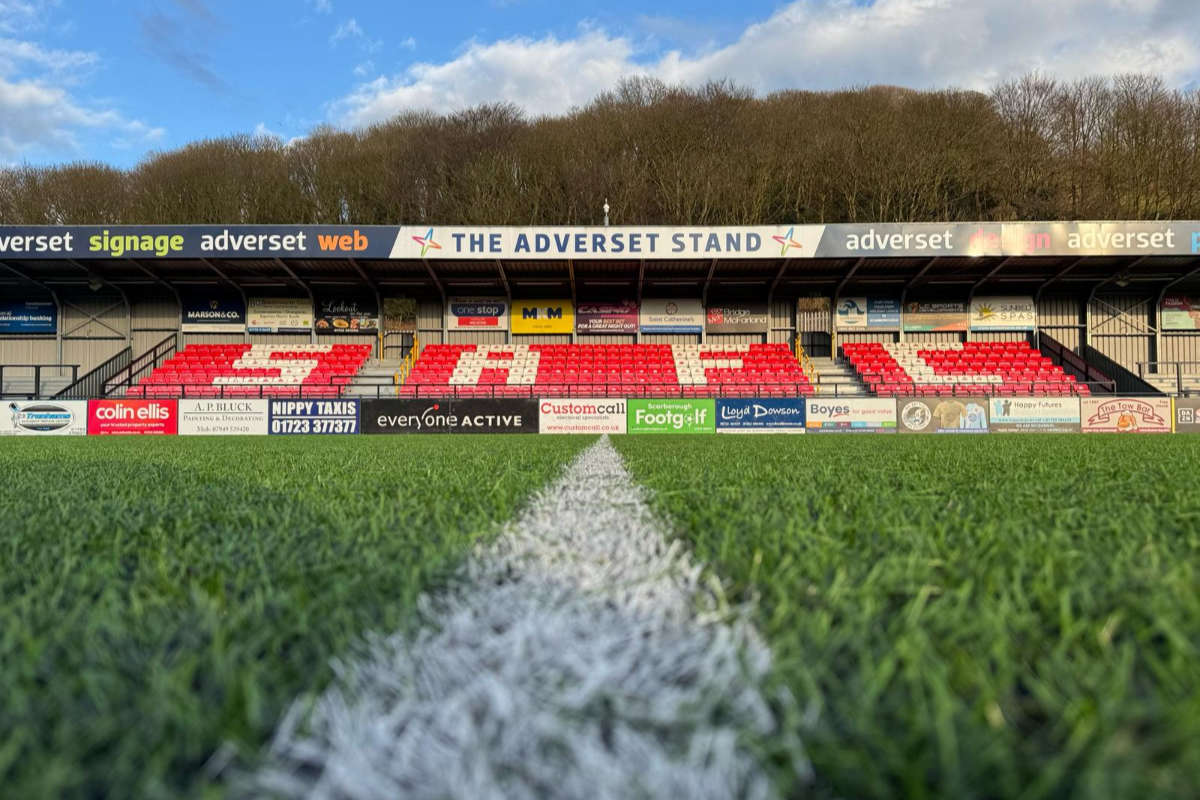 Scarborough Athletic Play First of Home Double
Scarborough Athletic Play First of Home Double
 Whitby Town Face Yet Another Six-Pointer To Kick Off Final Five
Whitby Town Face Yet Another Six-Pointer To Kick Off Final Five
 Final Month Relegation Shoot-Out For Bridlington Town
Final Month Relegation Shoot-Out For Bridlington Town
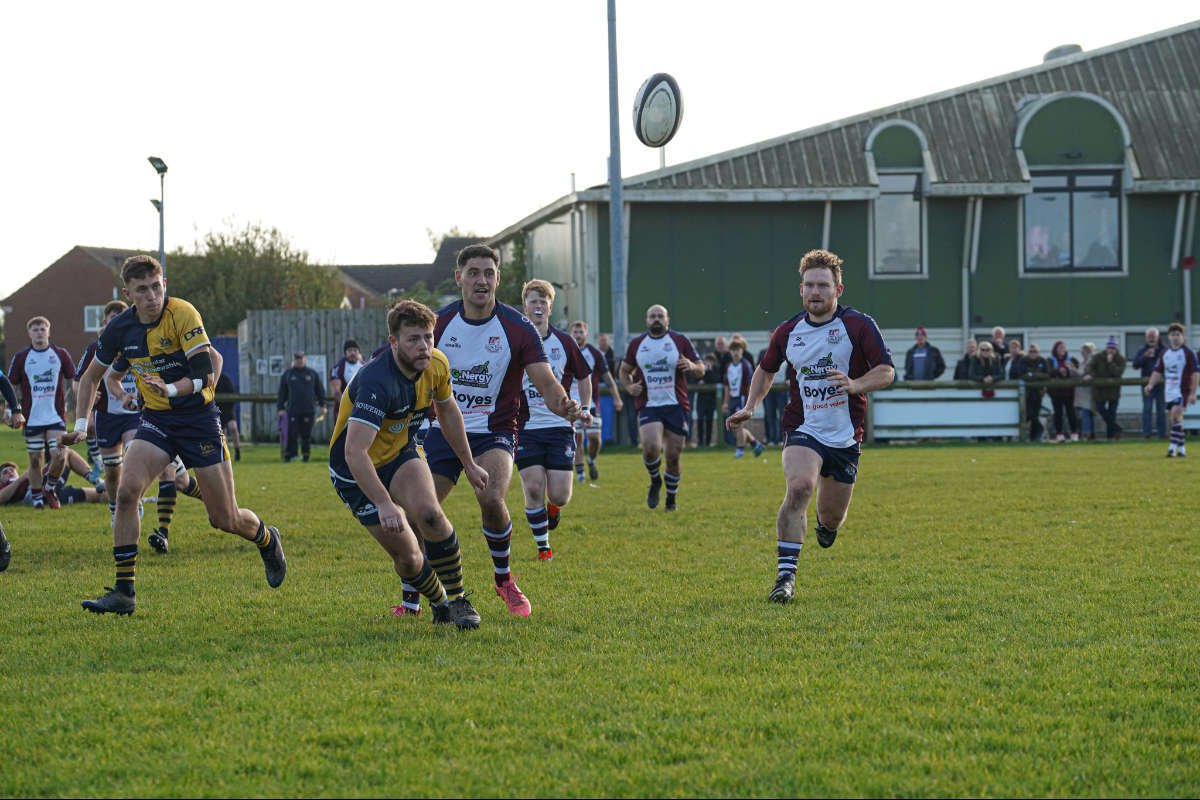 Yorkshire Coast Rugby Union Season Concludes
Yorkshire Coast Rugby Union Season Concludes
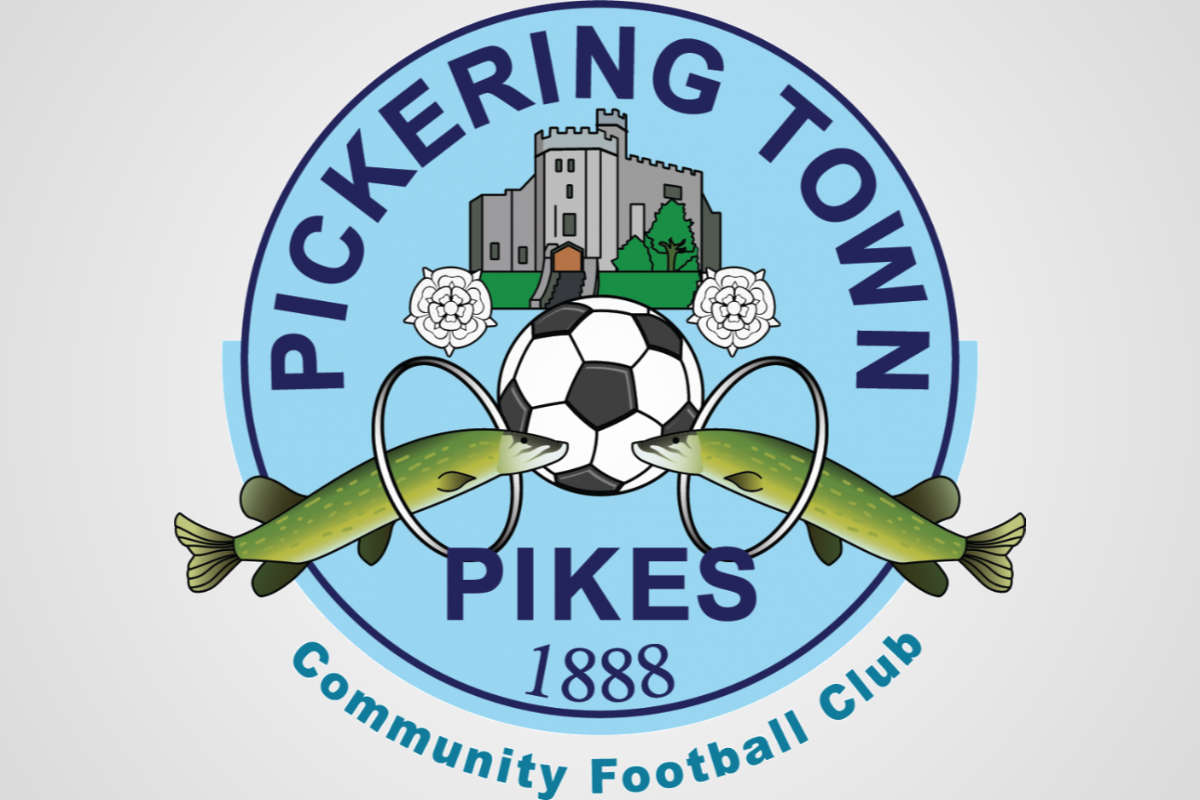 Pickering Town Bring Curtain Down With Home Clash
Pickering Town Bring Curtain Down With Home Clash
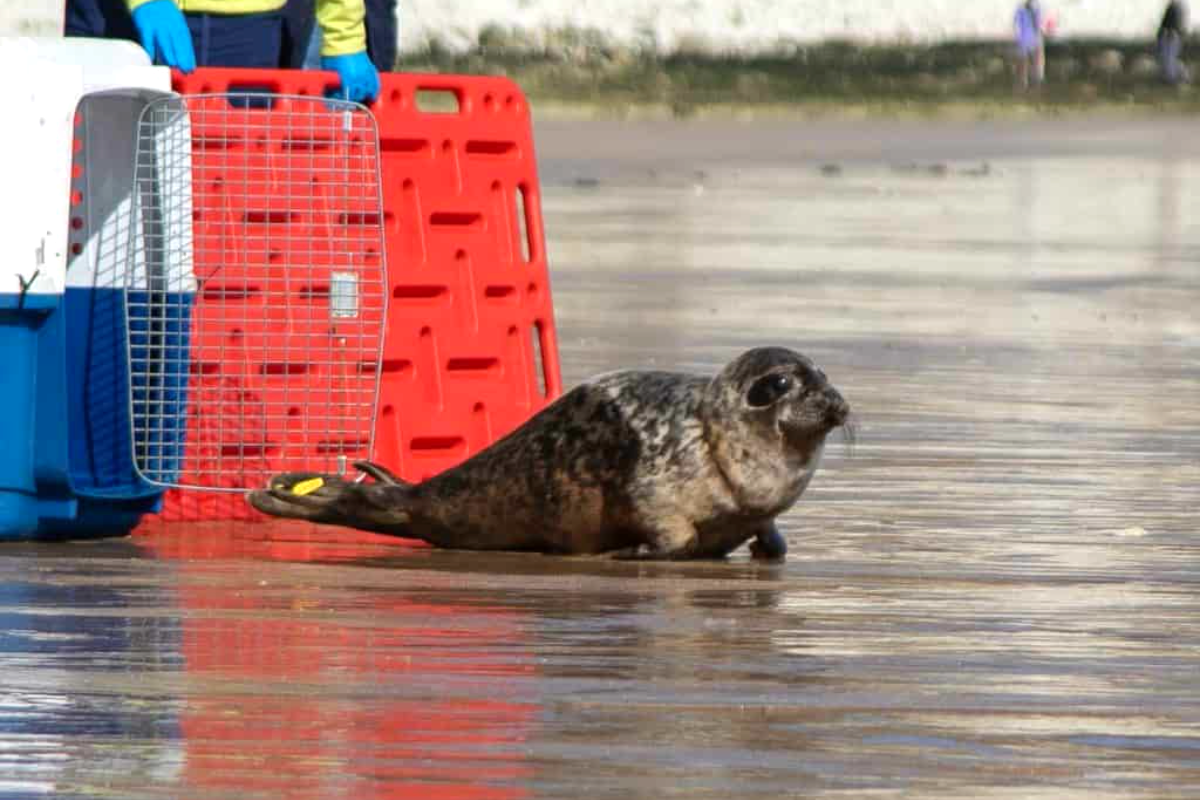 Injured Yorkshire Coast Seal Back in the Water
Injured Yorkshire Coast Seal Back in the Water
 Flamingo Land Welcomes Baby Giraffe
Flamingo Land Welcomes Baby Giraffe
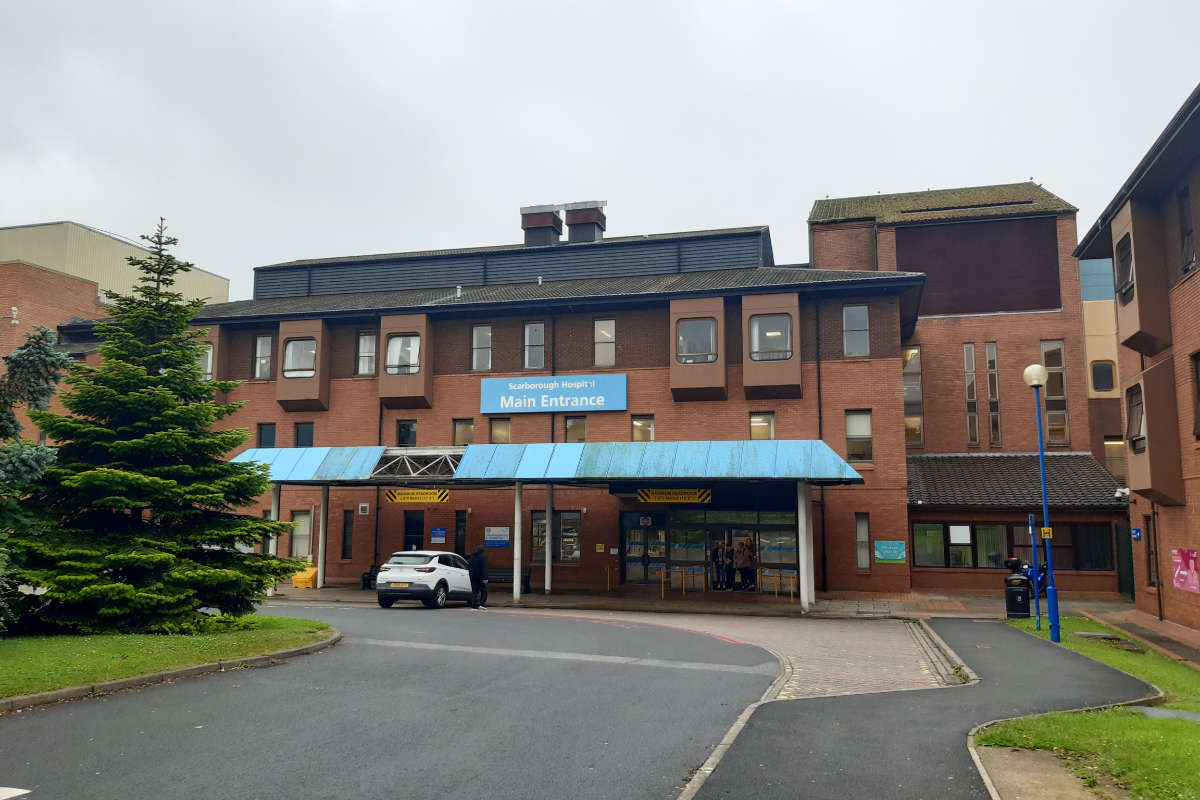 Scarborough and Whitby MP to Launch Petition for Return of Stroke Services
Scarborough and Whitby MP to Launch Petition for Return of Stroke Services
 UK Mayors Being Urged to Buy Scarborough Buses
UK Mayors Being Urged to Buy Scarborough Buses
 Free Music Events in Scarborough to Raise Funds for Andy's Man Club
Free Music Events in Scarborough to Raise Funds for Andy's Man Club








Comments
Add a comment